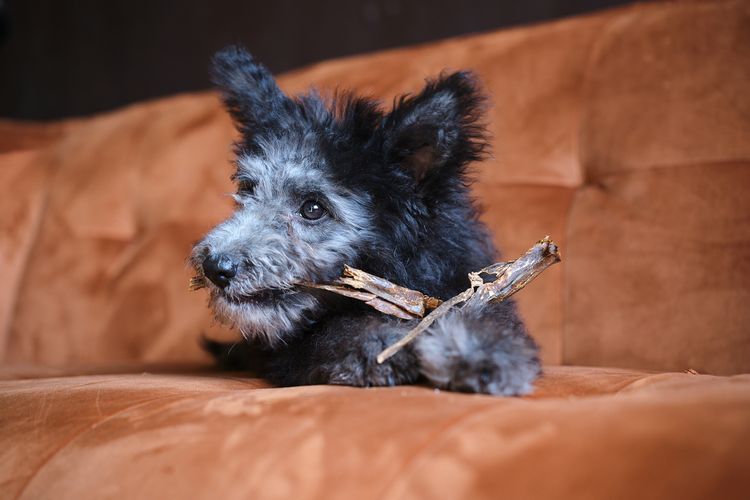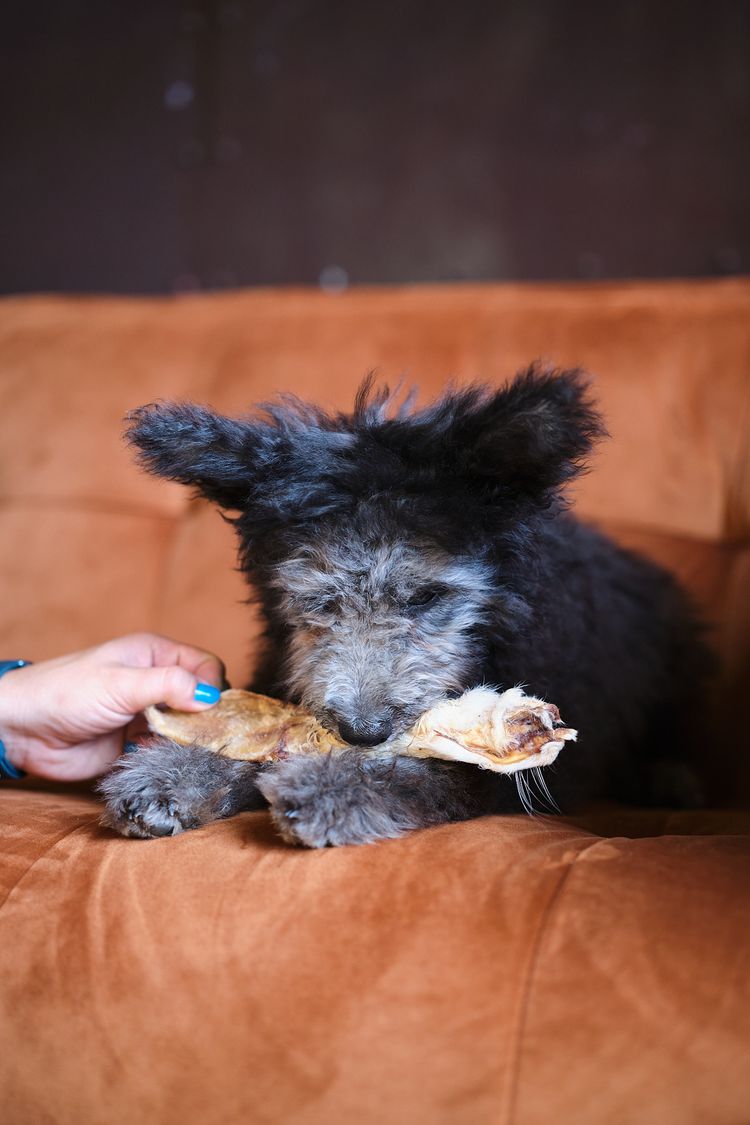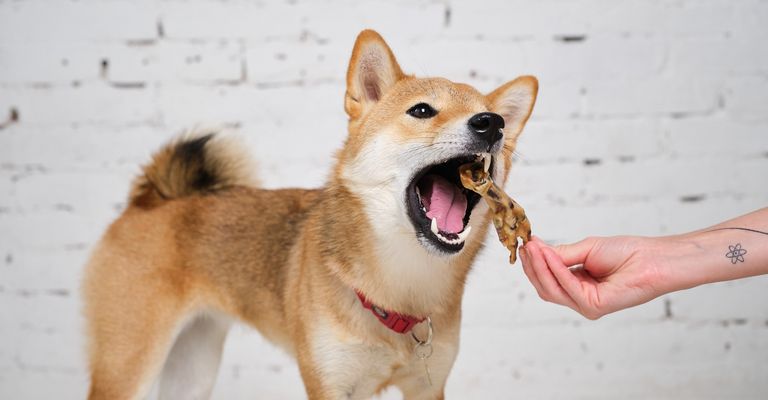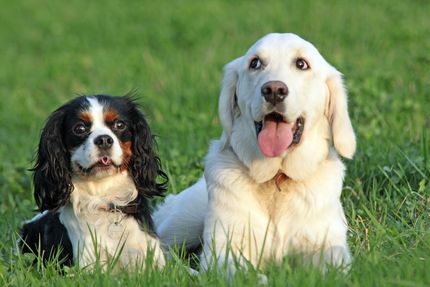Lack of appetite in dogs is rather unusual. But if a four-legged friend refuses his food and still devours treats, there are often harmless reasons. Here are seven possible causes you should consider.
1. trained behavior
Sometimes we owners can train a behavior in our dogs without realizing it. If your dog has learned that he will get a treat or other "better" food after refusing his food, he may be intentionally avoiding his regular food to get the "better" one.
2. Insecurity
A new food place, a new food bowl, or simply a change in routine can cause uncertainty in a dog. He might avoid his food for this reason, but accept treats as a comfort or reward.
3. wrong food or wrong amount of food.
If the dog suddenly doesn't like his food, it may be that the food is no longer fresh or that you accidentally bought a variety that he doesn't like. Too much food can also make him feel like he can't eat it all.
4. health problems
There are some health problems that can cause a dog to refuse his food. Dental problems, digestive problems, or other internal illnesses could be the cause. If you are concerned, you should always see a veterinarian.

5. other
There are many other reasons a dog might refuse his food, from stress to a simple desire for variety. It is important to watch for other signs or changes in behavior and consult an expert if necessary.
6 Medication side effects
It's possible that your dog is taking medications that are affecting his appetite. Some medications can cause side effects such as nausea or taste changes that cause dogs to avoid their main food but still accept treats.
7. change in the environment
Dogs are very sensitive to changes in their environment. A new pet, a renovation, a move, or even a new family member can affect your dog's appetite. They might avoid their normal food out of uncertainty or curiosity.

5 tips: How to get your dog eating normally again
- Feed in peace: a quiet feeding area with no distractions can help your dog focus on his food.
- Change food wisely: Gradually changing food can help if you think the current food is the problem.
- Positive reinforcement: associate feeding time with positive experiences by giving your dog praise and petting after eating.
- Fixed feeding times: A set feeding schedule can help regulate your dog's appetite.
- Consult a veterinarian: If you suspect health problems, it is always a good idea to consult a veterinarian.




















